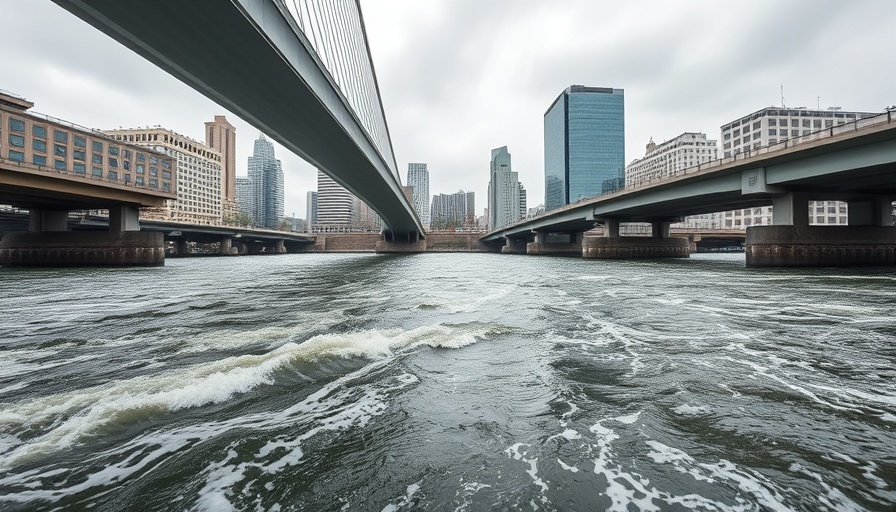
Understanding the Selection of the Mississippi River
This year, the Mississippi River has been named the most endangered river in the United States by the conservation organization American Rivers. This annual announcement highlights the most at-risk rivers in the country due to various environmental and social challenges. As a critical resource for drinking water, agriculture, and a habitat for diverse wildlife, the Mississippi plays a major role in the ecology and economy of the region.
The Threats Facing the Mississippi
According to American Rivers, increased flooding and insufficient disaster response measures are at the forefront of the threats facing the Mississippi River. Many communities along its banks currently rely on this vital waterway—over 20 million people depend on it for drinking water alone! The recent cuts to federal disaster response agencies, including the Federal Emergency Management Agency (FEMA), raise concerns about the capacity to properly react to imminent challenges.
Cultural and Ecological Significance
The Mississippi isn’t just a river; it’s a lifeline. With over 800 species of fish and wildlife inhabiting its waters, the ecological diversity present in the river is astounding. Furthermore, it has substantial cultural and historical significance that has shaped American life for centuries by being a major transportation route for goods and a favored destination for recreation.
The Pollution Problem
Pollution from agricultural runoff poses a significant threat to water quality in the Mississippi River. According to Whitney Clark, executive director of Friends of the Mississippi River, this runoff carries harmful pollutants, sediment, and nutrients that can be devastating to aquatic ecosystems. Farm drainage systems that have been built to optimize agricultural output contribute to this pollution, creating a cycle that endangers both wildlife and human communities.
Looking Ahead: The Future of the Mississippi River
As the Mississippi River faces escalating challenges, it prompts us to consider what our role can be in protecting this invaluable resource. Residents who interact with the river—whether for recreation, business, or livelihood—can make informed choices to safeguard its health. Monitor local practices around waste disposal, advocate for sustainable agricultural practices, and engage in community-led conservation initiatives.
Taking proactive steps is essential, especially during a time when funding for essential services is threatened. As we reflect on the importance of this river, the time is now for unified efforts to protect it from further endangerment. By raising awareness and initiating dialogue about the Mississippi’s health, we can create a wave of change that champions the preservation of our waterways.
 Add Row
Add Row  Add
Add 




Write A Comment